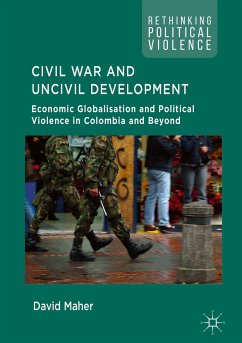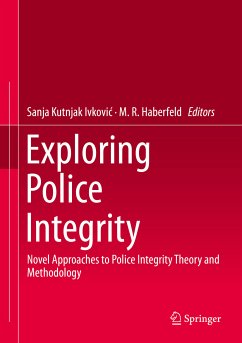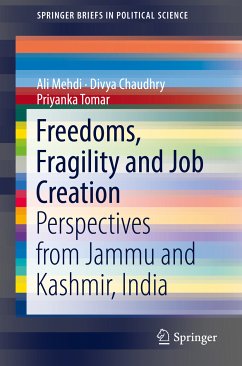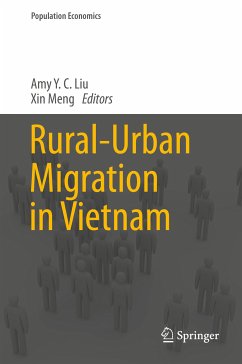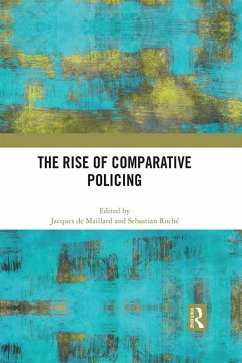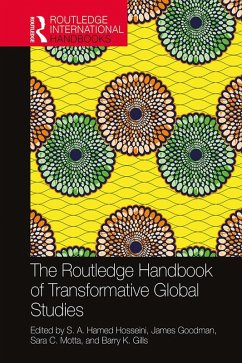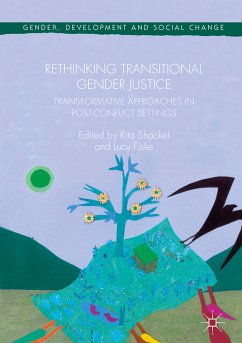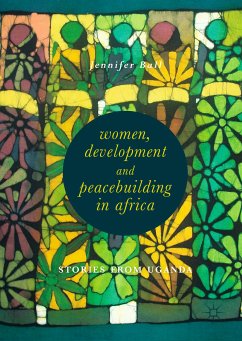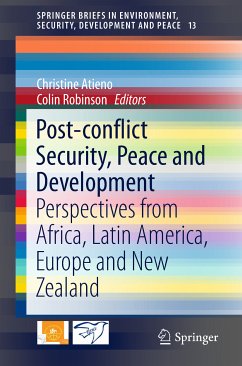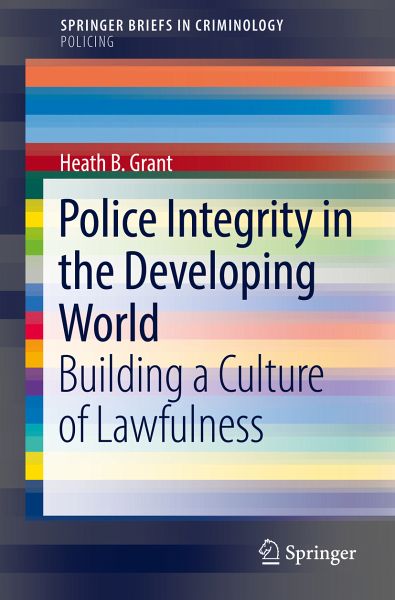
Police Integrity in the Developing World (eBook, PDF)
Building a Culture of Lawfulness
Versandkostenfrei!
Sofort per Download lieferbar
40,95 €
inkl. MwSt.
Weitere Ausgaben:

PAYBACK Punkte
20 °P sammeln!
Explores police integrity in the developing world Provides recommendations for evidence-based policing practices to enhance integrity Examines historical corruption and human rights violations to seek improvements Presents case studies with applications for other regions
Dieser Download kann aus rechtlichen Gründen nur mit Rechnungsadresse in A, B, BG, CY, CZ, D, DK, EW, E, FIN, F, GR, HR, H, IRL, I, LT, L, LR, M, NL, PL, P, R, S, SLO, SK ausgeliefert werden.



